#ovid's metamorphoses
Explore tagged Tumblr posts
Text

if i could give my life for yours, or die with you
#de hyacinth#art#hyacinthus#apollo#ovid#ovid's metamorphoses#greek mythology#the apollumi tag#apollo x hyacinthus#greek myth#tarot#the lovers#metamorphoses
959 notes
·
View notes
Text
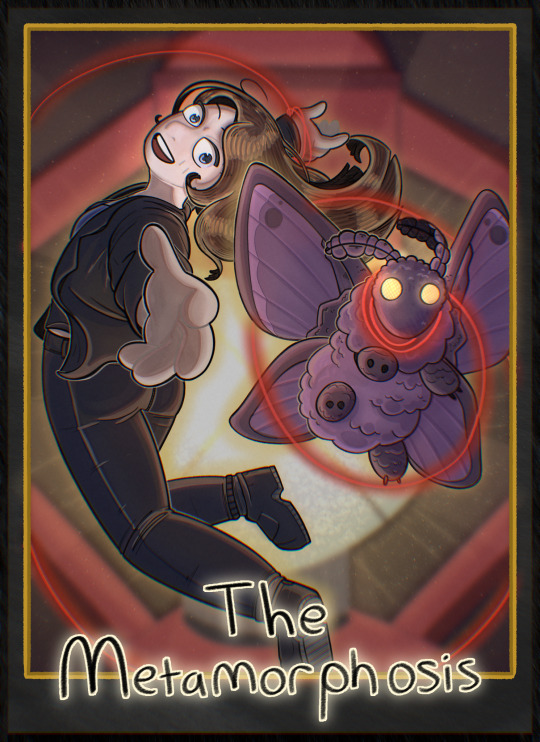
You’ve pulled The Metamorphosis!
A card in the Trans Girl Trading Card Collection!
One night before falling into restless dreams I imagined myself transformed in my bed into a girl. One morning, years later, I woke up and realized that my wish had come true, little by little.
Special thanks to @sadcoldcoffee and @unholytgirl for starting this super fun trading-card trend!
#transgender#biblicallyaccuratemoth#trans#trans woman#transfem#trans girl#mtf trans#trans gender#trans pride#queer artist#queer artwork#queer art#lgbt artist#transgender artist#trading card#tarot card#Kafka#ovid's metamorphoses#metamorphosis#trans girl trading card collection
714 notes
·
View notes
Text
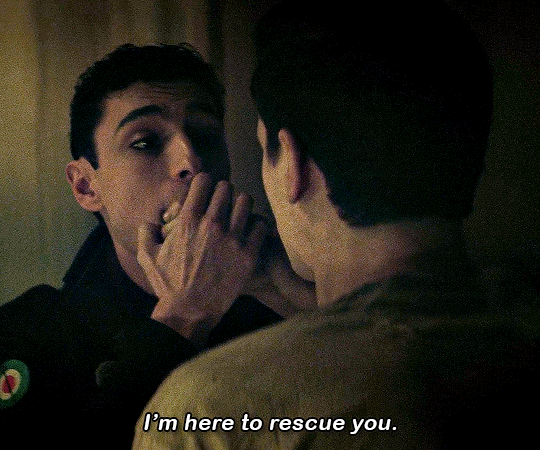

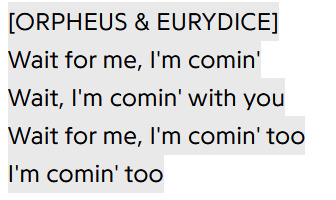
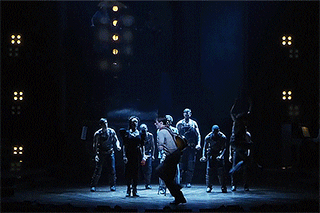

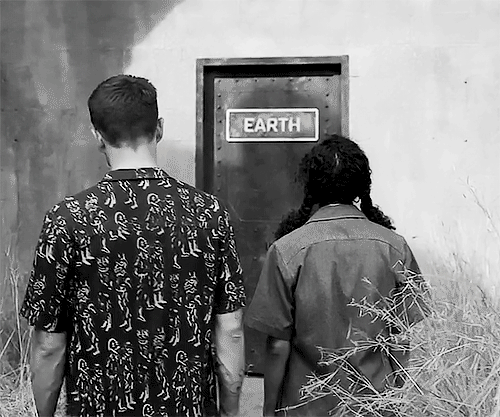
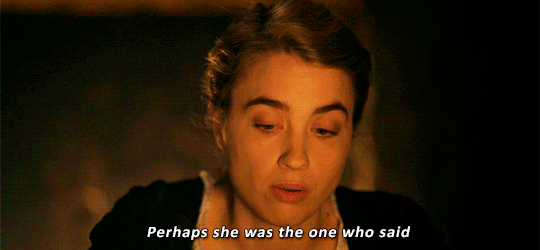



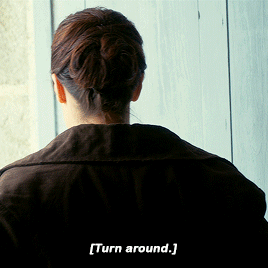

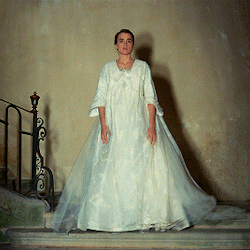
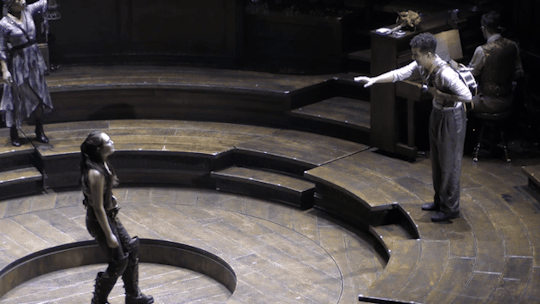
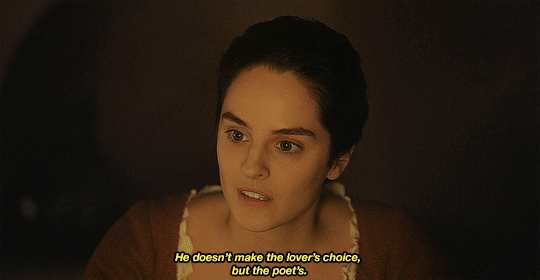
"Dying a second time, now, there was no complaint to her husband (what, then, could she complain of, except that she had been loved?)"
Dead Boy Detectives (2024) / Hadestown (2016) / Portrait de la jeune fille en feu (2019) / Kaos (2024) / Talk - Hozier / Metamorpheses - Ovid
#orpheus and eurydice#riddy#kaos#kaos netflix#hadestown#hadestown musical#portrait of a lady on fire#portrait de la jeune fille en feu#dead boy detectives#dbda#edwin x charles#edwin payne#charles rowland#talk hozier#hozier#ovid#ovid's metamorphoses#metamorphoses#greek mythology#greek myth aesthetic#greek gods#greek myth retellings#mythology#web weave#web weaving#webweaving
493 notes
·
View notes
Text


John Singer Sargent, Ellen Terry as Lady Macbeth | John William Waterhouse, Circe Invidiosa
#john singer sargent#john william waterhouse#lady macbeth#circe#shakespeare#macbeth#greek mythology#homer#the odyssey#literature#art#painting#ovid#ovid's metamorphoses#metamorphoses
307 notes
·
View notes
Text




"We are ever striving after what is forbidden, and coveting what is denied us."
- Ovid, Metamorphoses
#academia#dark academia#bibliophile#dark aesthetic#dark and moody#winter#academia aesthetic#book photography#classic academia#deep quotes#classic quotes#literary aesthetic#literary quotes#ovid's metamorphoses#ovid#classic literature#classical literature#ancient rome#dark academia aesthetic
188 notes
·
View notes
Text


reading Metamorphoses by Ovid
253 notes
·
View notes
Text
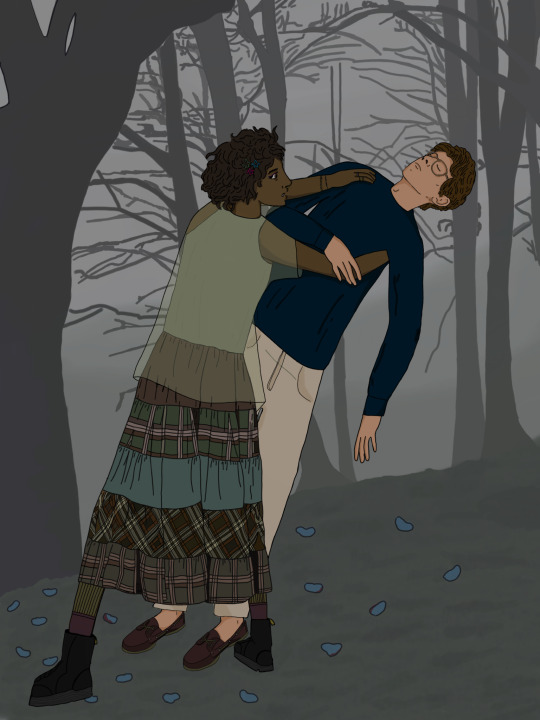



to die in your lovers arms
bluesey as françois gérard’s orpheus tries to hold on to eurydice, ca. 1791
#the raven cycle#my art#the raven cycle art#richard gansey iii#richard gansey#richard campbell gansey iii#gansey#gansey art#blue sargent#blue sargent art#bluesey#bluesey art#bluesey fanart#the raven cycle fanart#trc#trc fanart#the raven king#the raven boys#gansey fanart#blue lily lily blue#orpheus#eurydice#orpheus and eurydice#blue x gansey#ovid#greek mythology#ovid's metamorphoses#metamorphoses#francois gerard#reference art
207 notes
·
View notes
Text
Does Cupid shooting Apollo with a love arrow and Daphne with a hate arrow in the myth (that i'm displeased to find out is Ovid's version) not make Apollo also kinda a victim too?
one shaft that rouses love and one that routs it. The first gleams bright with piercing point of gold; the other, cull and blunt is tipped with lead. This one he lodged in Nympha Peneis' [Daphne's] heart; the first he shot to pierce Apollo to the marrow. At once he loves; she flies the name of love, delighting in the forest's depths, and trophies of the chase, a Nympha to vie with heaven's virgin huntress Phoebe [Artemis];
.............
...............
And Venus' [Aphrodite's] son [Eros] replied : ‘Your bow, Phoebus, may vanquish all, but mine shall vanquish you. As every creature yields to power divine, so likewise shall your glory yield to mine.’
—Ovid, Metamorphoses
Like...does that not mean Cupid's arrows overide all other feelings and therefore make Apollo an unwilling participant here?
Not to say Daphne also wasnt a victim, she definetly was but it seems it was non-consensual for both parties?
#wolffox speaks#Daphne#apollo and daphne#Apollo#Apollo deity#Cupid#Cupid deity#Someone start singing Stupid Cupid#Roman Myth#roman mythology#Ovid#ovid's metamorphoses#Ovid i dont like u but unfortunatly i'm arguing with someone who keeps bringing u up to hate on Apollo and need to cite you right back#Publius Ovidius Naso
104 notes
·
View notes
Text

Jupiter and Mercury at the House of Philemon and Baucis, workshop of Peter Paul Rubens, ca. 1620-25
#art#art history#Rubens#Peter Paul Rubens#mythological painting#classical mythology#illustration#literary painting#Ovid#Metamorphoses#Ovid's Metamorphoses#Baroque#Baroque art#Flemish Baroque#Flemish art#17th century art#oil on canvas#Kunsthistorisches Museum
163 notes
·
View notes
Text



The painting Orpheus and Eurydice, by George Frederic Watts.
Lines from the song Talk, by Hozier, and extract from Orpheus and Eurydice, from Book X of Ovid's Metamorphoses.
#art#artworks#artwork#paintings#painting#george frederic watts#literature#literary quotations#literary quotes#quotes#quote#poetry#poems#poem#poems and fragments#roman literature#roman poetry#ovid#ovid's metamorphoses#andrew hozier byrne#hozier#wasteland baby#ancient greece#ancient roman empire#roman empire#ancient rome#orpheus and eurydice#orpheus#eurydice
100 notes
·
View notes
Text

you are laughing, his dying head sunk into his shoulder like a broken flower and you are laughing
#de hyacinth#greek mythology#hyacinthus#apollo#art#illustration#the apollumi tag#apollumi#ovid's metamorphoses#metamorphoses#apollo x hyacinthus
945 notes
·
View notes
Text

Icarus. Unknown artist.
114 notes
·
View notes
Text

Pygmalion and his Statue
Artist: Louis-Jean-François Lagrenée (French, 1725–1805)
Date: 1777
Medium: Oil on canvas
Collection: Sinebrychoff Art Museum, Helsinki, Finland
Description
Pygmalion, a sculptor from Amathus on Cyprus, was discouraged by the morals of women and chose to focus on his art. He carved a realistic statue of his ideal woman out of ivory and named her Galatea. Pygmalion prayed to Aphrodite, the goddess of love, beauty, and fertility, to make Galatea come to life. Aphrodite answered his prayers and brought the statue to life. Pygmalion and Galatea married and had a child named Paphos.
#mythological painting#oil on canvas#fine art#pygmalion and his statue#sculptor#pygmalion#ivory statue#galatea#aphrodite#goddess of love#literature#ovid's metamorphoses#classic architecture#mythological scene#drapery#putti#clouds#louis jean francois lagrenee#french painter#oil painting#french art#18th century painting#artwork
110 notes
·
View notes
Text



Listening to I don’t know how to love him and Strawberry blond has the side effect of making me think about sapphic people😄
I die just a little bit when I imagine Iphis lying awake each night, trying to remember every glance and touch Ianthe offered her the day before. The beauty in the melancholy is too great that I’m almost addicted to it, I think🫠
80 notes
·
View notes
Text
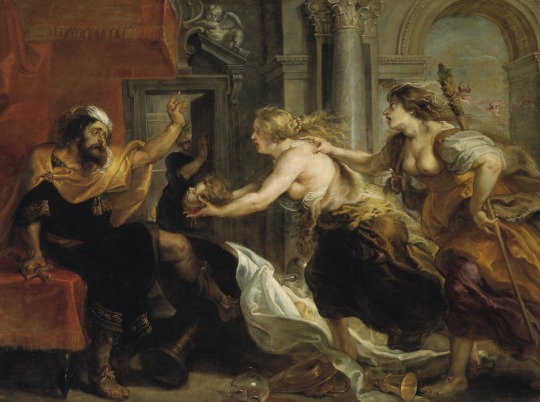
Tereus' Banquet (Tereus Confronted with the Head of his Son Itylus)
by Peter Paul Rubens
#tereus#art#peter paul rubens#macabre#banquet#greek mythology#king#thrace#thracian#itylus#philomela#procne#ovid's metamorphoses#ovid#metamorphoses#ancient greece#ancient greek#classical antiquity#tragedy#architecture#dinner#son#europe#european#mythology#mythological#macabre banquet
278 notes
·
View notes
Text
What I find funny about how ridiculously popular Ovid's version of Medusa became is that in the Metamorphoses her story isn't even written from an objective perspective or from her own point of view, and it's literally told by Perseus at his wedding at the end of Book 4. If he wouldn't have said anything about her besides the fact that he killed her then we wouldn't have thousands of Medusa retellings.
64 notes
·
View notes